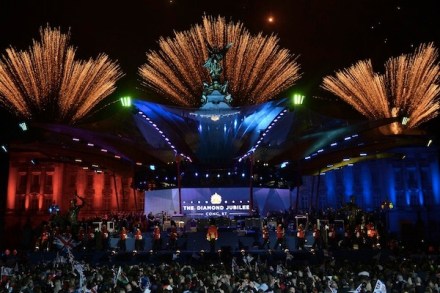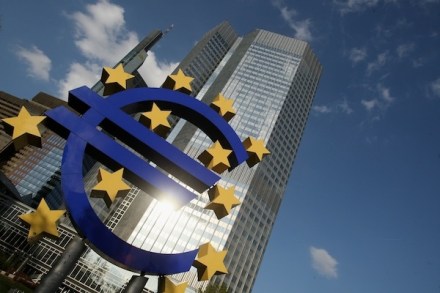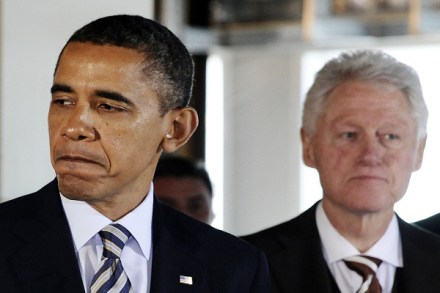Economic lessons from Germany
The Eurozone crisis is teaching us plenty about how to recover from recessions. The nations that tried a debt-fuelled stimulus have found that their economies haven’t grown much, but they are saddled with the extra debt. The Swedes have cut taxes for the low paid, the Estonians took the fast route back to fiscal sanity — and both are now growing well, in spite of the turmoil that has engulfed their neighbours. But what’s less well-known is Germany’s record of reform, and how it has helped the country reach unemployment at a 20-year low. Ten years ago, the German economy itself was pretty stagnant. When it first entered the













